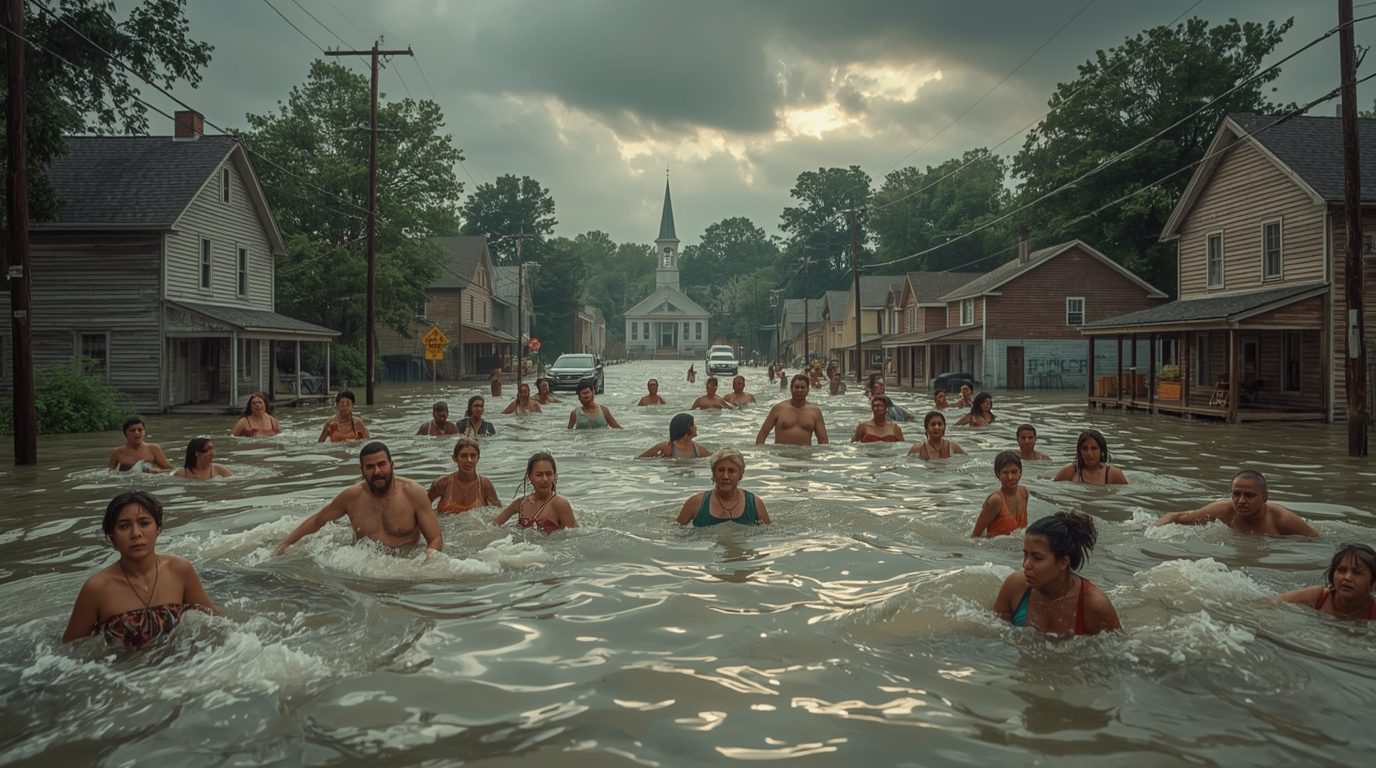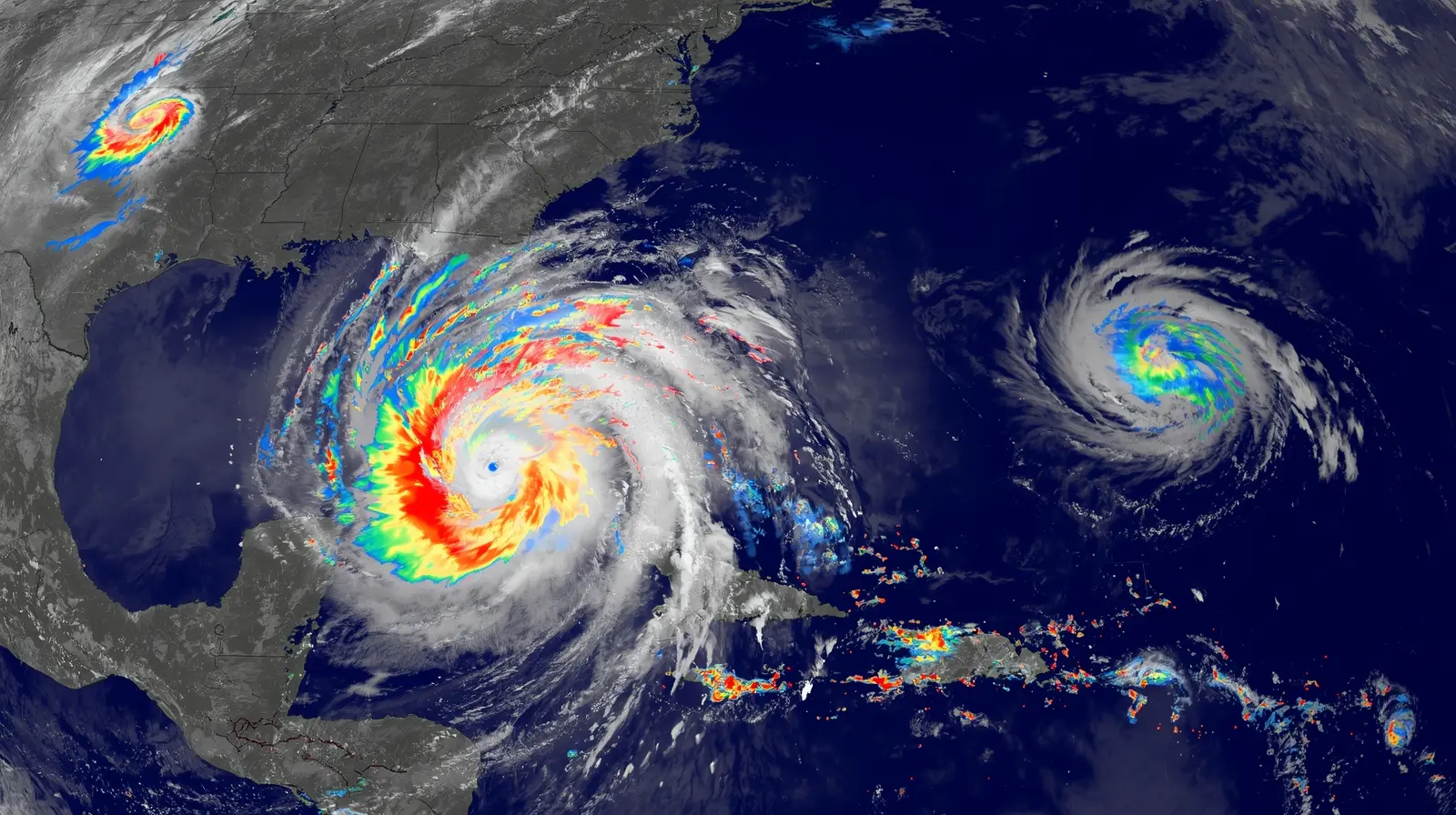Veteran Climate Scientists Rebuke the Trump Administration’s Climate Report
In an unusual and significant step, the Trump administration report that shifts the focus on the significance of climate change has been rebutted. And this rebuttal has been prepared by over 85 college graduate climate scientists. Their response, encapsulated in 400 pages of public comments submitted to the Department of Energy (DOE), has been prepared over a long and tiresome period. In fact, they claim that the report grossly and erroneously translates the findings of climate science. The report shows how deeply rational thinking is separated from political strategy. The critical part of the politics is how we navigate science.
The Report That Started the Controversy
The report was presented alongside intentions to deregulate some of the most polluting industries that climate change aims to address, even suggesting that climate change has a few advantageous impacts. This has been refuted by a significant portion of the agricultural industry.
The other five authors in the document are: University of Alabama at Huntsville’s John Christy and Roy Spencer, Stanford University Hoover Institution’s Steven E. Koonin, Georgia Tech professor emeritus Judith Curry, and Canadian economist Ross McKitrick. All expressed disagreement with at least some components of climate science, and their involvement with a federal report has come under intense fire from the scientific community.
Andrew Dessler, a Texas A&M University climate scientist who helped organize the public comments, said the report “makes a mockery of science.” “It looks, at a glance, ‘science-y,’” he said, but it’s very wrong, has no peer review, and does not maintain the standards of a federal scientific assessment in diligence and objectivity.
Scientific Response
The public comments issued by this group of climate researchers serve as a rebuttal to the report as a ‘peer review.’ One document, titled “Summary for Policy Makers,” contains systematically devised replies to the errors and gaps in the DOE report. The rebuttal addresses sea-level rise and other extreme weather phenomena, as well as the claim that carbon dioxide has positive benefits for agriculture.
The parts about sea-level rise were considered weak because they did not take into consideration the acceleration of observed trends over the last few decades. Weather, heat stress, and disproportionate rainfall negate any positive impacts of higher CO₂ levels, making the claim overly simplistic.
Robert Kopp, a climate scientist at Rutgers University, said the DOE report is “scientifically not credible.” The public comments stress that the report “suffers from systematic misrepresentation, selective citation of available scientific data, data whacking, and poor or no quantitative reasoning.”
The DOE report misrepresented others’ work. Rebecca Neumann, a graduate student from the University of Washington, pointed out that the strategy assumes climate risks are diminished while gains are maximized, creating a perceived fog of confusion.
Organization and Urgency
The collective response was organized swiftly using ad hoc networks like the social media site Bluesky. A 30-day public comments deadline had scientists scrambling. Dozens of people were mobilized to draft a foundational critique, proving evidence and crafting a response supported by data and logic.
The rebuttal was designed to resemble peer review. Dessler asserts it is both a critique and a defense of the climate change consensus. “This is something that comes from the federal government in a geography that can develop policy from evidence.”
The Policy Implications
The stakes are significant. The DOE report has already been cited by the Environmental Protection Agency (EPA) to help repeal the “endangerment finding” regarding greenhouse emissions, made in 2009 confirming human-caused climate change threatens public health and safety. Repealing this finding could remove critical environmental policies controlling vehicle emissions, power plants, and oil and gas industries.
Dessler compared the situation to historical tobacco industry tactics to create uncertainty about smoking. “The science of climate change is solid. All they’re trying to do is muddy the waters and then roll back regulation.”
Critiques of the DOE Report
- Sea Level Rise: The report fails to identify the pace and impacts of rising seas, neglecting acceleration in global datasets.
- Extreme Weather Events: Claims that animal species do not change with climate contradict decades of peer-reviewed data.
- Agricultural Impacts: Oversimplified statements ignore the severe consequences of heat, drought, and pressure systems.
- Drought and Climate Change: Lack of precision and documentation undermines credibility.
- Selective Literature Review: Misrepresentation and omission of relevant studies distort scientific consensus.
The DOE has not explained how public comments will influence the report. Meanwhile, Energy Secretary Chris Wright, a former fracking executive, has suggested public “debates” on previous National Climate Assessments, which are typically peer-reviewed but not posted online, raising concerns about transparency.
Broader Implications for Climate Policy
Using the DOE report to guide regulation could dictate future public health and environmental standards. Ignoring the endangerment finding would remove the legal basis for carbon rules, harming energy, transport, and industry sectors. Attempts to sow doubt about climate science echo historical strategies by tobacco companies.
The Scientific Consensus
Climate science is solid, widely accepted, and thoroughly reviewed. Burning fossil fuels drives global warming, with warming temperatures, melting ice sheets, stronger storms, and precipitation changes threatening economies, ecosystems, and humanity. The DOE report’s claims of potential benefits are inaccurate; any short-term benefits are far outweighed by extreme heat, flooding, drought, and ecosystem disruption.
Legal and Regulatory Context
The rebuttal comes at a crucial time due to attempts to weaken climate regulations. The Endangerment Finding underpins fundamental protections. The Trump administration’s challenge threatens decades of regulatory progress. Dessler stated the DOE report cannot withstand review by respected scientific journals and warns against politically driven pseudo-science.
Community and Public Engagement
The rapid mobilization of 85+ climate scientists through social media and professional networks illustrates the power of organized defense of scientific integrity. Their engagement defends against DOE inaccuracies and educates policymakers, journalists, and the public. Rebecca Neumann noted the administration’s approach layers climate dangers while exaggerating benefits, which the rebuttal counters through factually accurate research aligned with scientific principles.
Looking Ahead
While the DOE prepares next steps, the scientists’ commentaries may shape future policy deliberations. This case highlights the ongoing challenge of aligning policy with evidence and demonstrates the importance of constructive, peer-reviewed government science for society and the environment.
Conclusion
The 85+ climate scientists responding to the DOE Working Group report exemplify civic engagement and scientific integrity. They defend the philosophical and scientific backbone of climate policy, documenting misstatements, fabrications, and cherry-picking. Peer-reviewed research and global consensus confirm climate change dangers, emphasizing the importance of evidence-based policy. The scientists’ counter serves to protect both scientific credibility and the broader public, shaping laws and guiding responses to one of the 21st century’s greatest challenges.
Stay updated with reliable news:
Sports: Sport Flash HQ
Business: Biz Rush
Weather: The Climate Post
Travel: Neon Report
US Local: 24 Hour Bulletin
India Finance: The Lucky Ledger
General: The Chrono Post




